Morgellons: A Tiny Bug or a Big Delusion?

Derek Harmanli
 The Carlat Psychiatry Podcast
The Carlat Psychiatry PodcastIf you haven’t seen a patient with Morgellons yet, it’s a good guess that you soon will. Patients with this syndrome experience crawling, biting, and stinging sensations in the skin.
How to Talk to Patients with Delusions

Derek Harmanli
 The Carlat Psychiatry Podcast
The Carlat Psychiatry PodcastDo antipsychotics treat all psychoses? And how do you talk to patients when they don’t work? Psychiatrist Michael Posternak shares his top tips. Plus: What the “Beads Task” tells us about the psychological underpinnings of delusional disorder.
What Patients Are Saying About Antipsychotic [60 Sec Psych]

Derek Harmanli
 The Carlat Psychiatry Podcast
The Carlat Psychiatry PodcastIn the early 1990’s, half of US patients with bipolar disorder took lithium. Now it’s closer to 15%, and the use of antipsychotics has more than doubled to fill the gap. A new survey reveals what patients think about these newcomers
How to Minimize Lithium's Side Effects

Derek Harmanli
 The Carlat Psychiatry Podcast
The Carlat Psychiatry PodcastNausea, tremor, cognition, and renal function. We bring you our top tips for managing these side effects, including when to use instant release vs. controlled release and how to optimize the serum level for patient safety.
Trazodone in Frail Insomniacs [60 Sec Psych]

Derek Harmanli
 The Carlat Psychiatry Podcast
The Carlat Psychiatry PodcastIt’s risky business – giving sleep meds to the elderly and the medically ill – and today we have some reassuring data
A Landmark Adoption Study [60 Sec Psych]

Derek Harmanli
 The Carlat Psychiatry Podcast
The Carlat Psychiatry PodcastDr. Kenneth Kendler's latest compares biological siblings where one was adopted and the other raised by the birth parents. The study found that children adopted into a stable adoptive home had a reduced rate of depression by 23%
Existential Despair and Bipolar Depression

Derek Harmanli
 The Carlat Psychiatry Podcast
The Carlat Psychiatry PodcastNassir Ghaemi reads excerpts from his work on the therapeutic relationship in bipolar disorder. We talk about how to empathize with manic patients through the technique of “manic siding,” and catalogue over a dozen types of bipolar depression, including one that Dr. Ghaemi calls “existential despair.”
Insight: The Lost Cause in Psychotherapy

Derek Harmanli
 The Carlat Psychiatry Podcast
The Carlat Psychiatry PodcastIs self-knowledge a good thing, or is it just fuel for self-absorption and depressive rumination? We look through four psychotherapies to learn what makes the difference between meaningful insight and navel gazing.
Traumatic Brain Injury: An Interview with Jonathan Silver

Derek Harmanli
 The Carlat Psychiatry Podcast
The Carlat Psychiatry PodcastTraumatic Brain Injury (TBI) causes a host of psychiatric symptoms, and they don’t always respond to medications the way that other diagnoses do. In this interview, Jonathan Silver shares his top treatment tips on TBI. Dr. Silver is the co-editor of the APA’s the Textbook of Traumatic Brain Injury.
Depressed and Indecisive [60 Sec Psych]

Derek Harmanli
 The Carlat Psychiatry Podcast
The Carlat Psychiatry PodcastToday’s study looked at psychological factors that predict relapse into depression. They people who were recovered from depression and taking antidepressants along with healthy controls, nearly 200 in total. All the underwent a decision making test that asked them to exert effort─a button pressing task─to get rewards. The antidepressants were then discontinued and the patients followed for 6 months to see who relapsed.
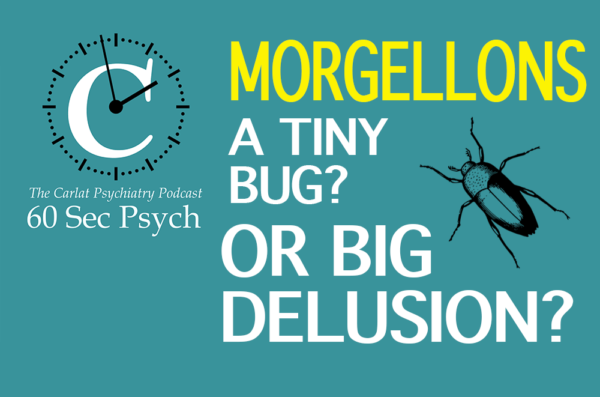
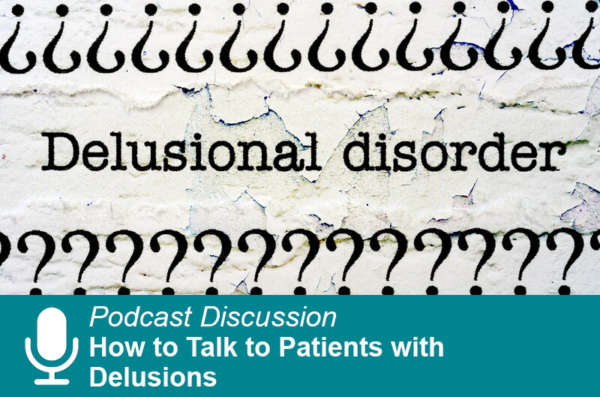
![What Patients Are Saying About Antipsychotic [60 Sec Psych]](https://media.graphassets.com/HVJj8s5uRfqRzFGPKIsQ)

![Trazodone in Frail Insomniacs [60 Sec Psych]](https://media.graphassets.com/i0LCnSdTWqsTJevUdG87)
![A Landmark Adoption Study [60 Sec Psych]](https://media.graphassets.com/G3C8EnbT7OnTrwDhjDfe)
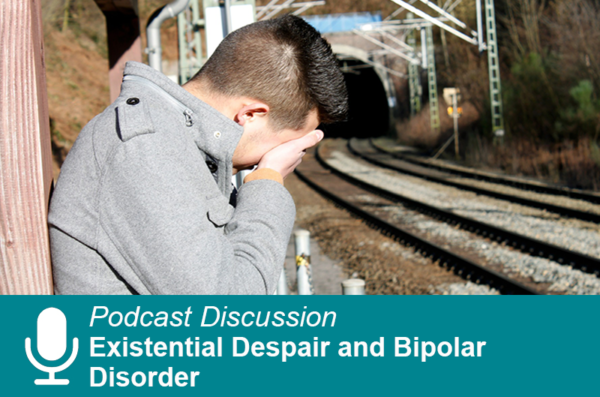
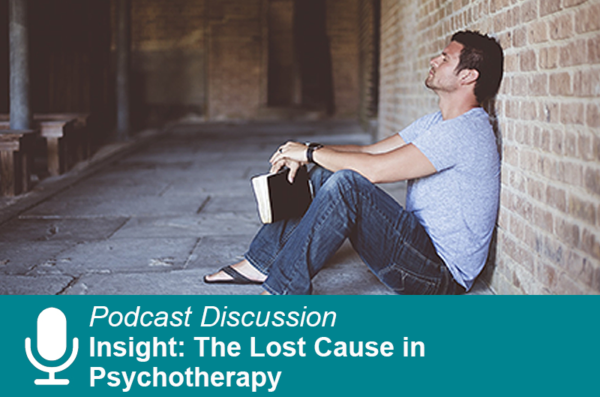
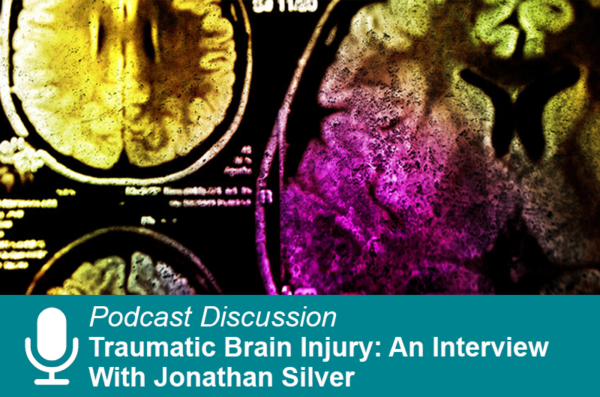
![Depressed and Indecisive [60 Sec Psych]](https://media.graphassets.com/XypOZw7S3qMYHQLLzrMA)